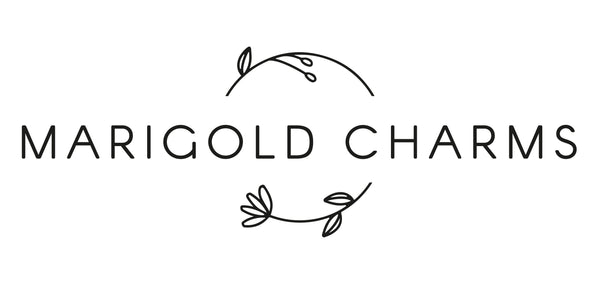
Yes, collagen production naturally decreases as we age. This decline begins in our mid-20s and accelerates over time, leading to visible signs of aging such as wrinkles, sagging skin, and reduced elasticity. By the age of 40, it's estimated that we've lost about 24% of our collagen.
Several factors contribute to this reduction in collagen production:
- Intrinsic Aging: The natural aging process slows down collagen synthesis, resulting in thinner and less resilient skin.
- Environmental Factors: Excessive sun exposure, smoking, and pollution can accelerate collagen breakdown, further diminishing skin quality.
nutritionsource.hsph.harvard.edu
- Hormonal Changes: Women experience a significant reduction in collagen production after menopause.
To counteract collagen loss, various approaches can be considered:
- Dietary Supplements: Some studies suggest that collagen supplements may improve skin hydration and elasticity, potentially reducing wrinkles.
- Topical Treatments: Products containing bakuchiol, peptides, and antioxidants can stimulate collagen production and protect existing collagen from degradation.
- Medical Procedures: Treatments like laser therapy, microneedling, and chemical peels can promote collagen remodeling and enhance skin appearance.
Maintaining a healthy lifestyle, including a balanced diet rich in antioxidants, regular exercise, and sun protection, also supports collagen preservation and overall skin health.
In summary, while the natural decline in collagen production is an inevitable aspect of aging, proactive measures can help mitigate its effects and promote healthier, more youthful-looking skin.
Rejuvenating Face Serum – Marigold Charms
Happy Beauty
